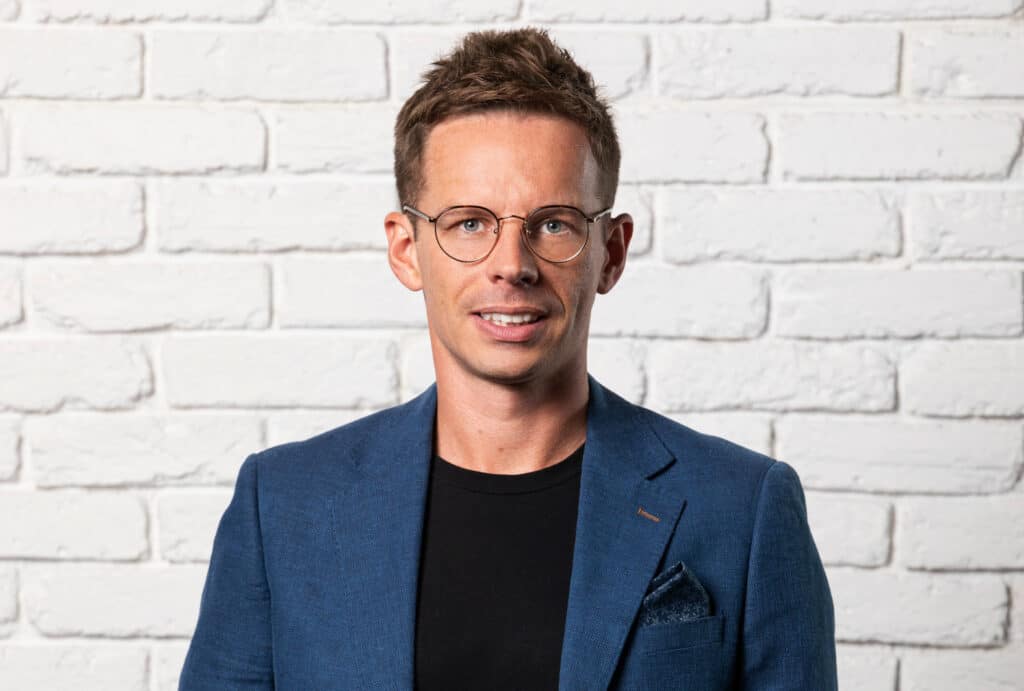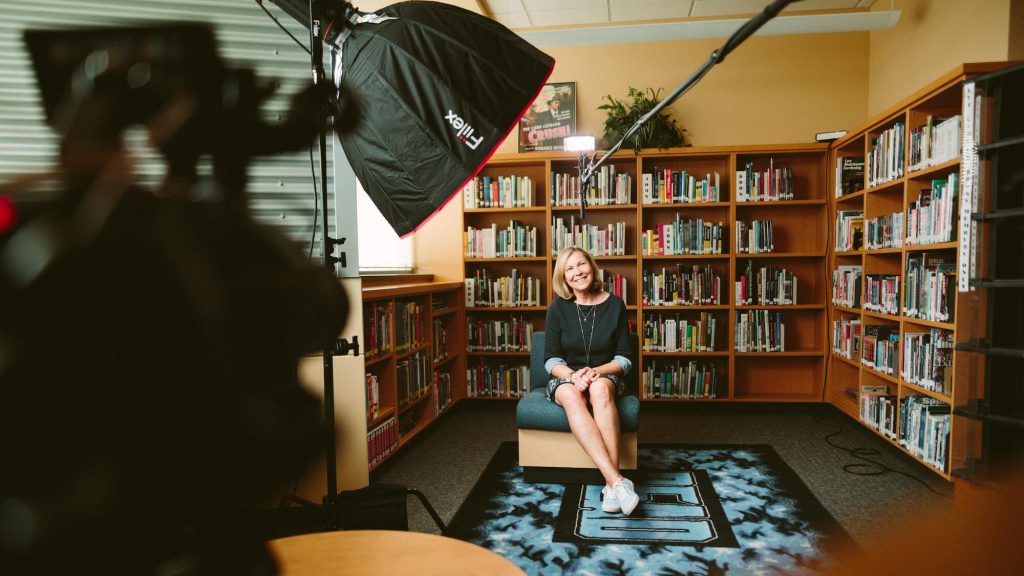The last time I endured such a powerful apprenticeship, with such a steep learning curve, was when I served in the military.
Don’t get me wrong, I learned a lot in every job I had and throughout each of my university degrees. But nothing compares to this. In each of those experiences I knew what I had to achieve and I had some idea about the method I should use in order to achieve it. Get good grades, keep customers happy, deliver a service, even manage a team.
In my current job as co-founder and CEO, if you can call it a job at all, I have to figure out what we need to become as a company and how to lead us there and, if that wasn’t enough, I have to do it with a completely different company every three months. No, I’m not moving companies – it’s all Vervoe – but the changes in our company are so rapid and significant that we are reinventing ourselves every few months. I may as well be starting fresh each time.
To this day, I remember the exact moment I took command of my first platoon as a junior officer. I was 20 years old. I spent two years preparing for that moment going through course after course, but nothing could prepare my for the shock of leadership. 40 young soldiers looked at me and waited for me to speak, expecting me to know what to say. But I had nothing. I was terrified, and the only thing I was able to do was muster energy to try to hide that fact from everybody else. All my training amounted to nothing and I felt like a failure.
Months later I learned that it wouldn’t have mattered what I said or how I looked. I was nothing to them at that moment. There are no words, and there is no military rank, that would have changed that. Relationships are built, and respect is earned, over time. You get what you put in, nothing more and nothing less.
As I developed as an officer I kept searching for the leadership holy grail. I looked at other commanders, I observed how soldiers reacted, and I experimented with my style. The one enduring lesson was this: everyone is vulnerable and helping someone with their vulnerability creates a bond for life. So I dedicated myself to building human connections with my platoon on a personal level. I visited their homes, I learned about their lives and relationships and I became their therapist. I talked about this in detail on Hotjar’s podcast.
So what does all of this have to do with being a startup CEO?
That feeling I had on my first day as a platoon commander – the sheer terror of not knowing what to do – well, that’s pretty much what it’s like every day as a startup CEO. After reaching a certain milestone, one of our advisors said to me “now the really hard part begins”. Horrified, I said “hang on, it gets harder than this?”. He laughed and said “where you’re at, that’s the fun part”.
Ben Horrowitz writes about it in his book, The Hard Thing about Hard Things. That feeling when you’re sick to your stomach. You want to vomit, literally. You feel like you’re getting crushed, everything is going wrong, it’s all your fault, everyone is looking to you to fix it, and you don’t know how. And it’s only 9am on Tuesday morning.
Last week I was talking to a senior startup executive in the Bay Area about her career. She had a bad startup experience and wanted to know if the whole startup thing is bad, or just the company she joined. I mentioned doing due diligence on the CEO of any company she considers joining and then she asked me how I see the role of a startup CEO.
I think my answer surprised her a little. I gave her the usual spiel that the role of a startup and CEO is to articulate the vision, build a great team and not run out of money. And that’s true. But then I added that the true, singular role of any CEO is to allocate capital. That sounds pretty cold, but I believe in that principle very deeply. Should we hire someone or spend money on advertising? Should we put the foot on the gas or reduce the burn rate? Should we pay up for senior talent or develop someone junior? Should we raise more money or less?
But then I added the second part of that equation, and I haven’t stopped thinking about it since. I said that good CEOs allocate capital ruthlessly and dispassionately. But great CEOs do allocate capital ruthlessly and dispassionately with maximum care and empathy. That’s what I’m working towards. It’s possible to make excruciatingly difficult decisions and deliver them with a velvet glove. It’s a tricky balance to get right, but it’s possible.
So I need to make decisions like a general but conduct myself like a therapist, while trying not to be overcome by the fear of walking around for most of the day with no clue what the right answer is.
Cool.
Let’s look at it another way. I need to make hard decisions regardless of their impact, but I need to care a great deal about who they’re impacting. I can handle that. I don’t feel entirely overwhelmed by that. When I think about the things I regret doing as a leader, including from my time as an officer in the military, they typically involved attributing too much weight to one side of that equation. It’s a balancing act. Get it wrong in one direction, the company won’t achieve its goals. Get in wrong in the other, you lose your people. In both cases the company fails.
As a startup CEO I’m always trying to find the right balance.
But let me end with this. Before we had children I asked a friend who has three kids himself why we should become parents. All I hear from parents with young children is complaints, so where’s the upside? He told me that people love to talk about the challenges but the wonders of parenthood are kept private because they’re so hard to share. There’s nothing like it, he said. As a father to a three year old wonder child, now I know what he meant.
Being a startup CEO is much the same. There are miraculous moments along the way, but we don’t often talk about them.




















